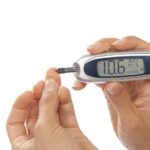Know about the causes, diagnosis, treatment, and warnings of left side rib pain –
Pain under left rib
- There are 24 ribs in your rib cage – 12 on the left side and 12 on the right side.
- Their function is to protect the organs that lie beneath them.
- The left side includes your heart, left lung, pancreas, spleen, stomach, and left kidney.
- When any of these organs are infected, inflamed, or injured, the pain can radiate down and around the left rib cage.
- If your heart is below the left rib cage, feeling pain in that area usually does not indicate a heart attack.
- Depending on the cause, it may feel sharp, prickling, or dull, aching.
- In most cases, left rib cage pain is caused by a benign, treatable condition.
What are the causes of pain under left rib?
Kidney stone
- Kidneys are part of the urinary tract in the human body.
- It is on both sides of the spinal cord.
- In case of infection or inflammation, the pain can spread on both sides of the cage and come forward.
- The pain can be in the cage of your left side rib when the kidney is involved.
- Kidney stones are hard calcium and salts that turn into stones.
- They can cause cramping pain as they exit your kidney and make their way towards your bladder.
- Apart from this, due to kidney stones, there is less urination due to the frequency of urination, blood during urine or cloudy colored urine, pain in the side that spreads.
- Kidney infection occurs when bacteria from your urinary tract make their way into your kidneys.
- Anything that obstructs the flow of urine including your kidney stone. Can cause a kidney infection.
- Symptoms of a kidney infection include fever, vomiting, and nausea.
Ruptured spleen
- Your spleen is located on the upper left side of your body, near your rib cage.
- It helps to remove old or damaged blood cells and develop infection-fighting white blood cells.
- Enlarged spleen usually does not cause any symptoms other than flatulence after a small amount of food.
- However, if your spleen ruptures, you will experience pain near your left rib cage.
- An enlarged spleen is more likely to rupture than a normal-sized spleen.
- Apart from this, there is an enlarged spleen due to malaria, liver disease, blood disease, syphilis or viral infection, etc.
- When this condition occurs, touching the affected area gives a feeling of convulsions.
- Also, you include dizziness, blurred vision, nausea, low blood pressure.
- In most cases, damage to the spleen is due to an injury.
- If this happens, immediate medical help is needed.
Pericarditis
- Your heart is surrounded by a fluid-filled sac called the pericardium.
- Pericarditis refers to the inflammation of this sac.
- When it is inflated, it can rub against your heart causing pain near your left ribcage.
- The pain may be mild or there may be a prickling pain which is usually worse.
- Possible reasons for this include infection, injury, blood thinners, etc.
Costochondritis
- Inflammation of the cartilage connecting the ribs to the breastbone is known as costochondritis.
- Due to this, physical injury, infection, arthritis, etc. can occur.
- This pain – sharp, prickling and may be felt under the rib on the left side.
- Apart from this, coughing, sneezing, or pressing the rib on the left side can make the pain worse.
Pleurisy
- Pleurisy is a condition in which the tissue covering the lungs becomes inflamed.
- It can occur as a result of bacterial, viral, or fungal pneumonia, trauma, or pulmonary infarction which is usually related to a blood clot in the lung.
- Pleurisy on the left side may cause pain under the left rib cage, but the main symptom may be a sharp, prickling pain with breathing.
Gastritis
- Inflammation of the lining of the stomach, which occurs near the left side of the rib, is called gastritis.
- Other symptoms may include a burning sensation in the abdomen, a bloated feeling in the upper part of the abdomen.
- The causes of gastritis can be bacterial or viral infection, excessive use of alcohol, and excessive use of NSAIDs.
Pancreatitis
- The pancreas is a gland located in the upper left part of your body near your small intestine.
- It secretes enzymes and digestive juices in the small intestine to help break down food.
- Whereas pancreatitis refers to the inflammation of your pancreas.
- The reason for its occurrence is injury, alcoholism, gallstones, etc.
- The pain caused by pancreatitis starts gradually and gets worse after eating.
- This pain comes and goes, with additional symptoms including nausea, vomiting and sudden weight loss.
How pain under left rib is diagnosed?
- To find out why you have pain in your left rib cage, the doctor will do a physical exam, which includes feeling the affected area.
- That includes watching for signs of inflammation.
- ECG can be done in case of pain due to a heart problem.
- Blood or urine tests may be done to rule out any other problems.
- Apart from this, X-ray, CT scan, MRI can be done to detect pain in the ribs.
What is the treatment of pain under left rib?
- The treatment for your left rib pain depends on its cause.
- If it is related to any kind of inflammation, then your doctor will advise you to take NSAIDs to reduce the pain and swelling.
- In some cases, you may need an antibiotic to clear up the bacterial infection.
- If the kidney stone in your body is too large for it to pass through your body, your doctor may need to remove it surgically.
Warning
- While pain in your left rib cage is usually not anything serious.
- This can sometimes indicate a medical emergency.
- Apart from this, immediate medical help should be sought in case of pain in the left rib, difficulty in breathing, confusion, excessive sweating, dizziness, or spinning of the head, etc.
Lastly
Considering the number of organs in the upper left side of your body, it is not unusual to feel pain under the left rib cage. This can be an easily treatable condition.
(Learn about the side effects of antibiotics)
However, if you have pain in this area that is severe, gets worse over time, lasts for more than 24 hours, or is associated with any of the more severe symptoms listed above, you should know of any underlying conditions. Immediate medical treatment should be sought to apply.
References –
- https://kidshealth.org/en/teens/?search=y&q=costochondritis&datasource=kidshealth§ion=parents_teens_kids&lang=english&start=0&rows=10
- https://www.mayoclinic.org/diseases-conditions/enlarged-spleen/symptoms-causes/syc-20354326
- https://www.mayoclinic.org/diseases-conditions/pancreatitis/symptoms-causes/syc-20360227
- https://www.niddk.nih.gov/health-information/digestive-diseases/pancreatitis/all-content
- https://www.nhs.uk/conditions/Pericarditis/
- https://www.urologyhealth.org/urology-az/k/kidney-(renal)-infection-pyelonephritis

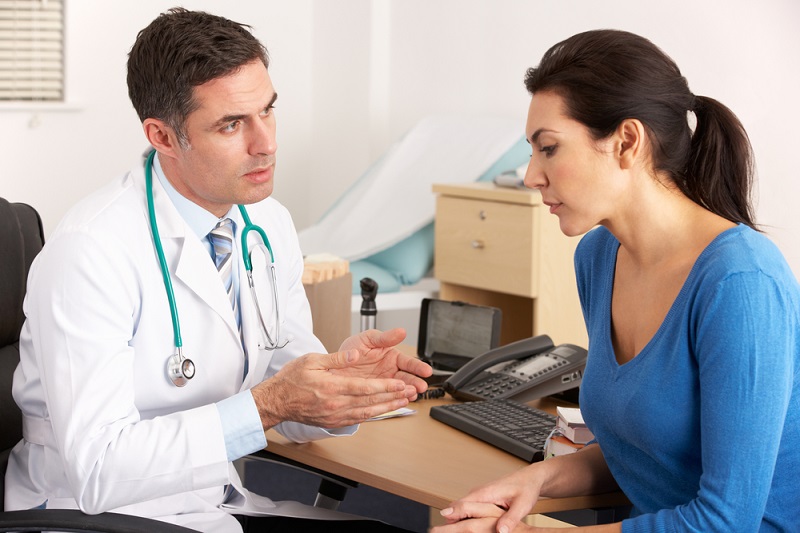

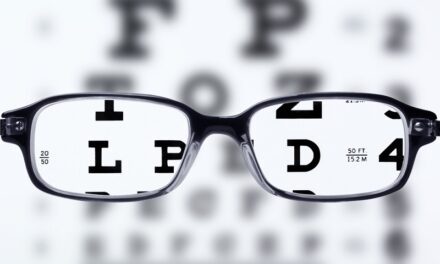



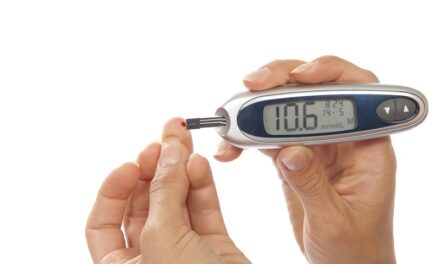
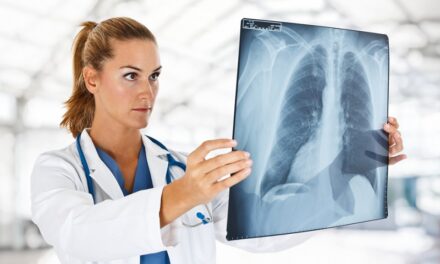
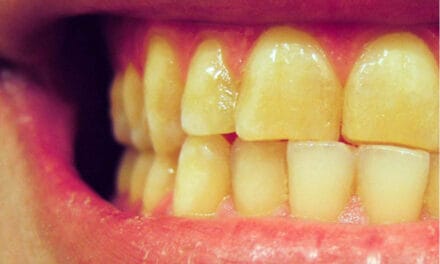







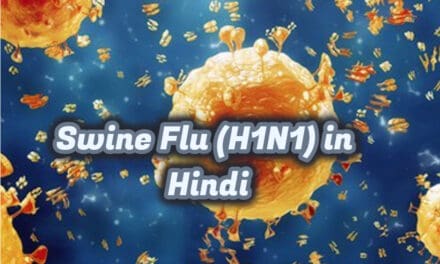

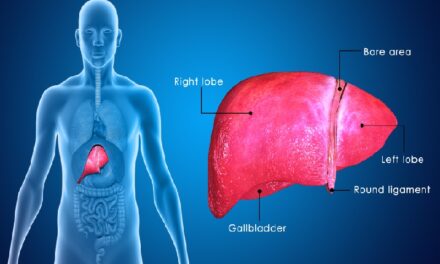


 English
English हिन्दी
हिन्दी



